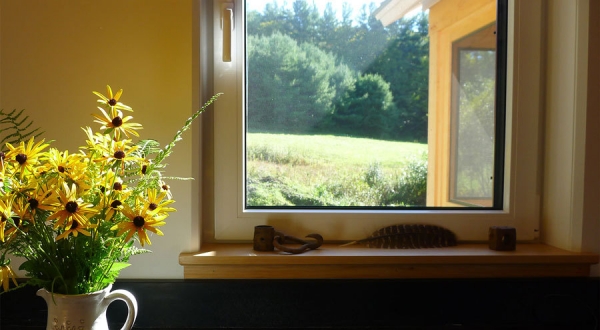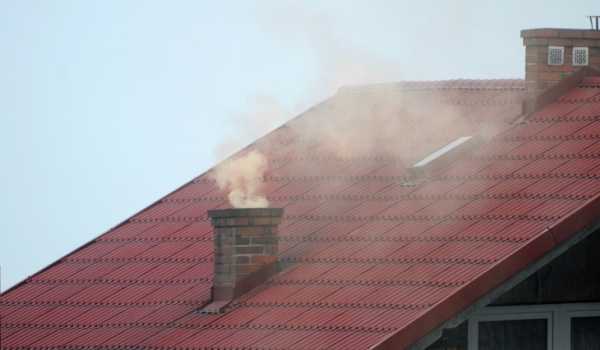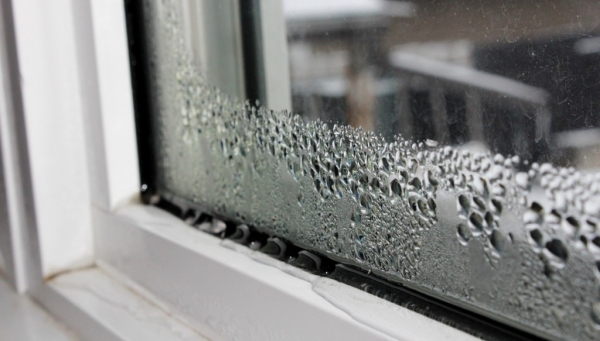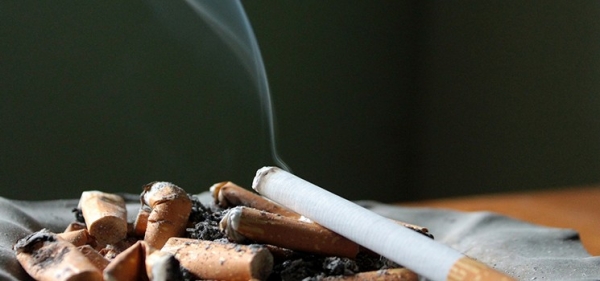
Effects of Air Pollution – Our homes are our sanctuaries. They are the places where we retreat at the end of each day. We do our best to set them up the way that fits our styles and needs and make them functional and cozy living environments. However, oftentimes, people aren’t even aware of all the invisible dangers that might potentially be lurking in their homes. Some of which can have serious negative effects of everyone exposed to them.
One of such hindrances is definitely the air we breathe in our homes. Contrary to popular belief, the air in our homes is actually proven to often be way worse in quality than the air outdoors. Poor-quality indoor air can cause a lot of health concerns if you’re exposed to it long enough. That being said, here are some of the most common health concerns caused by poor indoor air quality, as well as some of the things you can do to remedy the situation.
Health concerns
As mentioned before, research shows that indoor air can sometimes be more harmful than the air outside. Here are just some causes of poor indoor air quality as well as some of the most common health concerns associated with it.

Toxic chemicals
People tend to use a lot of chemicals when upkeeping and maintaining their homes. From different wall paints and floor finishes to all the cleaning supplies we tend to use, the fact is that our indoor air easily becomes saturated with various chemicals. Some of these chemicals contain volatile organic compounds – VOCs for short – that can be detrimental to human (and animal) health.
Cooking residue
When cooking, frying or baking, our indoor air becomes saturated with food residue that escapes the meal that’s being prepared in the form of steam or other vapors. There is a low chance that these vapors will directly put someone’s health at risk, but they do contribute to indoor air pollution. There were also several reported cases of pet birds dying because the owners used a particular oven-cleaning solution and it is also known that bird owners should avoid using pots and pans containing Teflon.

Moisture concerns
Furthermore, moisture originating from leaky pipes or poor or damaged insulation can also cause serious health concerns. Especially when it’s not easily visible, moisture can cause the growth of different mold spores – black mold being the most dangerous one – that can lead to numerous health concerns, including respiratory infections and lung disease.
Smoking and traffic pollution
Smoking indoors is quite obviously detrimental for human health for numerous reasons. Not only does it affect the person smoking, but it also has numerous unfavorable effects on anyone around them. The toxins released from cigarette smoke stay trapped in the indoor air and can easily accumulate in furniture, rugs and carpets, curtains, clothes, toys, etc. That’s why airing out your home on a regular basis is highly advisable, even if you’re not smoking indoors. However, the other issue here is the traffic pollution that will enter your home from the outdoors, especially if you live in a high-traffic area.
What you can do about it
Even though everything afore-mentioned undoubtedly sounds concerning, not everything is so grim. There certainly are some things you can do to improve your indoor air quality. However, before you start implementing various air-purifying solutions you should first conduct a thorough air quality check to assess the state of your indoor air. If the results don’t turn out to be favorable, here are a few things you can do to improve them.
Purify your indoor air
First and foremost, the easiest thing you can do is make sure that you air out your home on a regular basis. Letting the fresh air in frequently is the best way to improve the quality of your indoor air. However, if you live in high-traffic and high-pollution areas, make sure you also invest in high-quality indoor air purifiers.

Ban smoking
You should absolutely ban smoking indoors. There really is no excuse for smoking indoors and you should make it clear that you won’t tolerate such behavior in your home. If you’re a smoker yourself, aim at having your nicotine fix outdoors where you won’t be directly endangering anyone else’s health.
Install a kitchen aspirator
Kitchen aspirators are excellent at capturing all of that food residue that would otherwise end up in your indoor air. The best part is that the majority of them come with removable or even replicable filters which means that you can easily maintain it yourself, thus ensuring that they always work properly.
Check your home for moisture
Additionally, conduct regular inspections of your home and make it a priority to check for moisture spots, especially during the rainy season. Also, inspect your pipes on a regular basis to ensure there are no hidden leaks and other issues that can only lead to even bigger problems, both health and safety-wise.
Go green
Finally, you should do your best to increase your awareness about the products and solutions you’re using to clean your home. The simple rule of thumb that should be applied when buying cleaning products should go as follows – if you can’t pronounce the names of the ingredients listed on the bottle, it shouldn’t have a place in your home. The funny thing is that the majority of commercial cleaning solutions can easily be replaced with homemade recipes that are not only healthier but also significantly cheaper.
So, while it is true that our indoor air can sometimes be worse in quality than the polluted air outside, there certainly are numerous things you can do to improve it. It’s very important to become aware of all the things that can happen to you if you’re exposed to unsafe indoor air for a long period of time so that you fully understand the urgency to do something about it.
